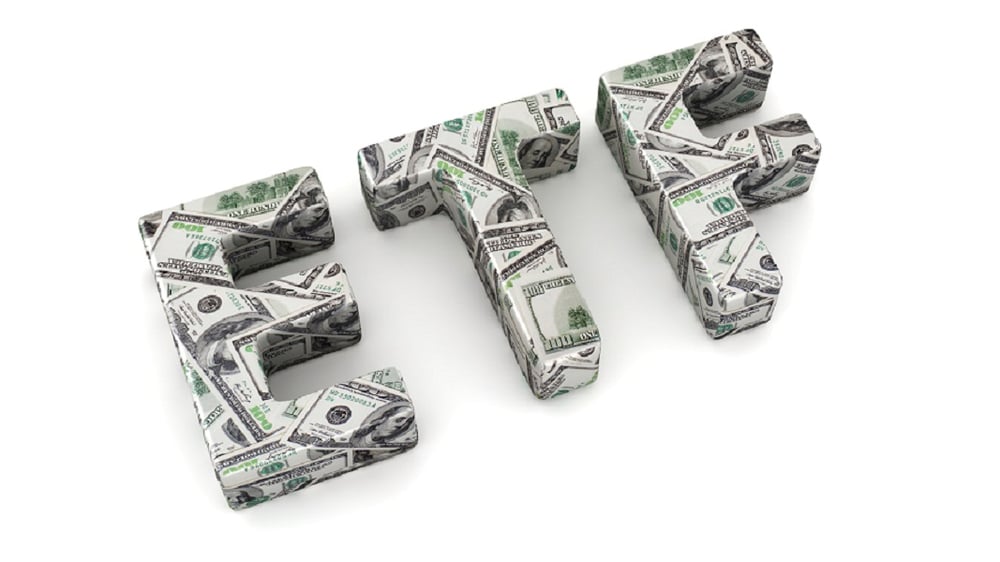Exchange-traded funds will likely
benefit in a big way from the Labor Department's fiduciary rule, but not all ETF products will reap the rewards.
The
fiduciary regulation, which raises investment advice standards for retirement accounts, will likely lead advisers to steer clear of recommending more exotic types of ETFs unless advisers have a strong case for doing so with particular clients, according to participants Tuesday on an
InvestmentNews webcast.
“ETFs are absolutely going to be a big winner here,” Dave Nadig, director of ETFs at FactSet Research Systems, said during the presentation, titled “How the DOL fiduciary rule could reshape the ETF game.”
Advisers acting as fiduciaries, a label carrying an obligation to serve a client's best interest, is “a big win for products that are clean, simple, low-cost and not full of surprises,” which fits the definition of ETFs closely, Mr. Nadig said.
However, the fiduciary rule,
released in early April, makes it difficult for advisers to put clients in funds such as coal ETFs and South Korean small-cap ETFs, because the majority of ETF portfolios “don't need to be terribly fancy,” said John Waggoner, senior columnist at
InvestmentNews.
Mr. Nadig, supporting that notion, said it will be tough to justify using triple-inverse 20-year Treasury funds, or short and levered ETFs, for example. These types of products will still exist, but won't really be sold by advisers — rather, they'll “continue to be the bailiwick” of day traders and hedge funds, Mr. Nadig said.
Advisers who use these sorts of funds in retirement accounts such as IRAs will have to be able to stand before a judge in court and articulate how such funds are in a client's best interest, according to Mr. Nadig.
“That's a tough argument to make,” he said.
Against the backdrop of the DOL's fiduciary rule, passively managed funds have seen steady inflows as actively managed strategies have experienced outflows. In the past 12 months, for example, $287 billion has flowed out of actively managed funds, while passive funds such as ETFs have taken in $177 billion, according to Mr. Waggoner.
“The DOL rule will absolutely continue to accelerate that,” said Mr. Waggoner.
It's not that active strategies are dead in the water, however — similar to more exotic types of ETFs, advisers will need to demonstrate a defensible due diligence process to a judge to show why a higher-priced fund was in a client's best interest.







